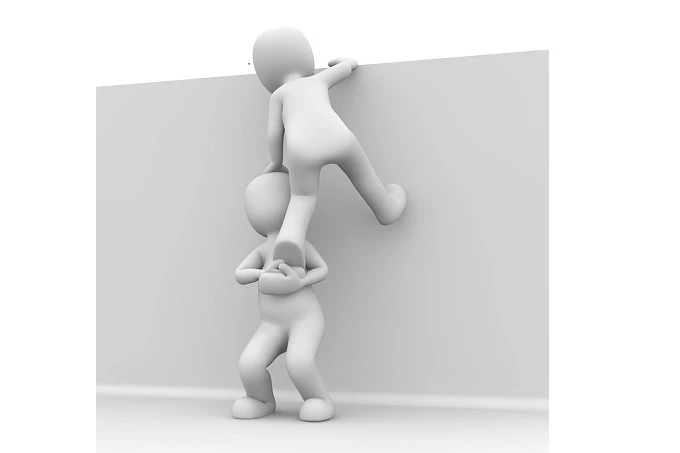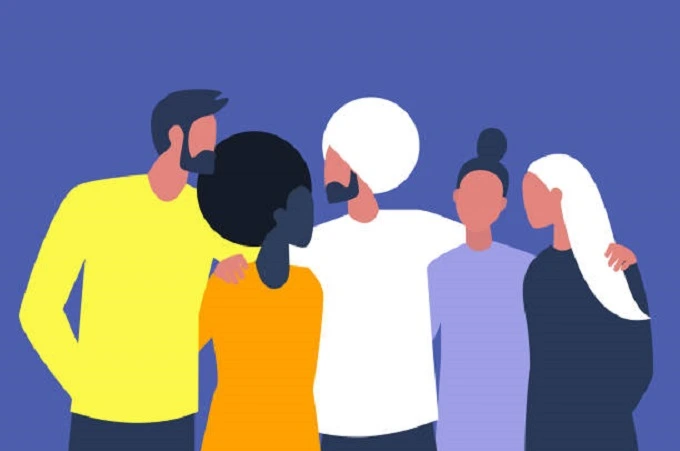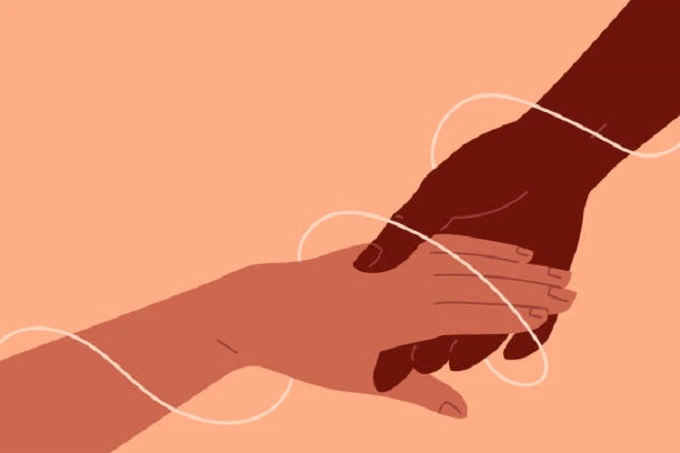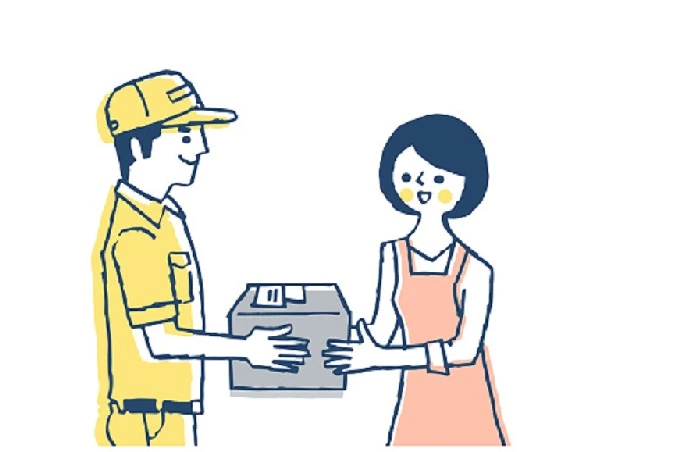Don’t depend on anyone but yourself for help: here are the reasons

When you have a lot of work to do, it’s possible that you won’t have enough time to do something that’s very indispensable to your life. Another possibility is that you may not possess the degree of knowledge and abilities required to solve the problem. It makes little difference how the events play out; in most of these cases, the result is the same. You decide to ask for help from people who are guaranteed to give it to you, such as your family and friends.
Indeed, the members of your family and the individuals in your social circle should be the ones to help you, help you out when you really need it, and listen to any complaints you may have. However, it is only in the most terrible situations, when it is unquestionably impossible to proceed without their involvement, that it is prudent to seek their help. And it has nothing to do with being overly careful or ignoring the help of another person. We have compiled a few pieces of evidence in favor of your decision why you should not depend on anyone but yourself
1. You feel like you belong

When you reach out to your loved ones and friends for help, and they respond by providing it, you can’t help but feel as though you owe them something in return. The subject has nothing to do with the morality of individuals who are dear to you; they may be lovely people who will never accuse you of wasting their time, effort, or other resources. The issue is not at all about whether or not they are decent. Even though a person does not seem to feel sorry for anything that has happened to you, this does not mean that you are uncomfortable or not thinking that you are being annoyed.
There is, of course, no need to worry once more about if it will be convenient or inconvenient for your loved ones to help you in anything you are attempting to achieve. If this is the case, they need to give you a heads up about it. On the other hand, if you experience awkwardness whenever you ask another person for help or a favor, it is best to work on finding solutions to your issues on your own. Therefore, you will eliminate the needless worry and anxiety from your life.
2. External factors can hinder a person’s progress
Your closest friends and family automatically come across as honest to you. This is a fact: the person who is truly concerned about your health and your circumstances will be ready to assist you whenever you need it, no matter what time of day or night it is. Another point to consider is whether or not the circumstances prevent this. It is common for individuals’ good intentions not to be followed through on because of factors such as the influence of the people around them, poor weather, difficulties with public transportation, a sudden decline in well-being, and other similar factors. You and the person you care about are unable to make any kind of prediction regarding these events, and you will not be able to find a solution to them quickly.
Accustom yourself to depend solely on yourself so that you won’t be let down by the people you care about, won’t have to deal with extra tension and anxiety, and won’t have to obsess over unexpected changes to your plans. Your loved ones should always be your priority in a crisis. On the other hand, if you are confident in your ability to solve the issue on your own, you shouldn’t seek help from any other sources.
3. You are still unable to have any influence over the circumstances
It would help if you believed that you were in command of the circumstance before you could experience feelings of self-assurance. When you decide to depend on the help of friends and family, you are beginning to give up some of your control over the situation. You can’t know for certain whether other people’s efforts will help you achieve the result you desire, whether it will be exactly what you expect, or whether other people will complete their share of the work promptly and efficiently. You can’t know any of these things with certainty. There are many other aspects of the situation that you will not determine and, as a result, will make you feel anxious.

If you want to be good at something, you need to be good at it yourself. Although there are some instances in which this proverb is not applicable, on the whole, it is beneficial to have in mind. Do not include other people in the task process that has to be done if you want things to go according to plan. They will begin to argue with you, diverge from the plan you have developed, and present their very own alternatives for courses of action. In addition, even if you have a genuine desire to assist others, none of your family members or close friends are exempt from the possibility of failings, mistakes, or misunderstandings.
In general, you should act independently if you are capable of doing anything on your own, and it is of the utmost importance to you that everything is just how you envisioned it in your thoughts. You should seek help if you believe that you cannot achieve the goals you have set for yourself.
4. You stop being independent
You will gradually lose the habit of being independent if you continually depend on the fact that your relatives and friends will promptly come to your rescue and help you solve your difficulties in a challenging circumstance. Once you have been provided with financial or physical help on several occasions, the next time you face challenges, the first thought that will come to your mind will be to turn to your loved ones for help. You become accustomed to nice things very quickly. When individuals you care about and can put your faith in are willing to lend you a hand, it’s hard to complain about the situation. Abusing anything can have negative consequences.
Everyone has problems in their lives, and everyone tries to address those problems on their own, even while they are aware that their loved ones and friends are dealing with the same challenges. In addition, there is no use in putting additional stress on another person when you are perfectly capable of organizing your affairs. Develop both your capacity for self-sufficiency and your self-confidence. You will no longer require the help and support of others once you have developed these abilities, which will effectively render you invulnerable.
5. Help starts to be taken for granted

When you first receive assistance from family and friends, you celebrate it as a victory and interpret it as a sign of their love and concern for you. You express gratitude to your loved ones for taking the time to help you in finding solutions to your issues, offer you sound advice, or listen to your gripes. Regardless, as time goes on, you start to take the things mentioned above for granted and lose the ability to feel genuine thankfulness for them. You believe that your loved ones, particularly your family and friends, are obliged to play an active role in bettering your life. Nevertheless, this is not the case.
There is nothing that anyone owes you; all of the nice things that close friends and family do for you are done for a single, straightforward reason: they want it. However, they should not drop everything they are doing and rush to your help right away as you have requested. It is impossible to accuse someone of being malicious if they are aware of this fact and do not make an effort to help you at the expense of their own interests. Figure out how to handle your issues on your own more often so that you don’t put your relationships with the people you care about at risk.




